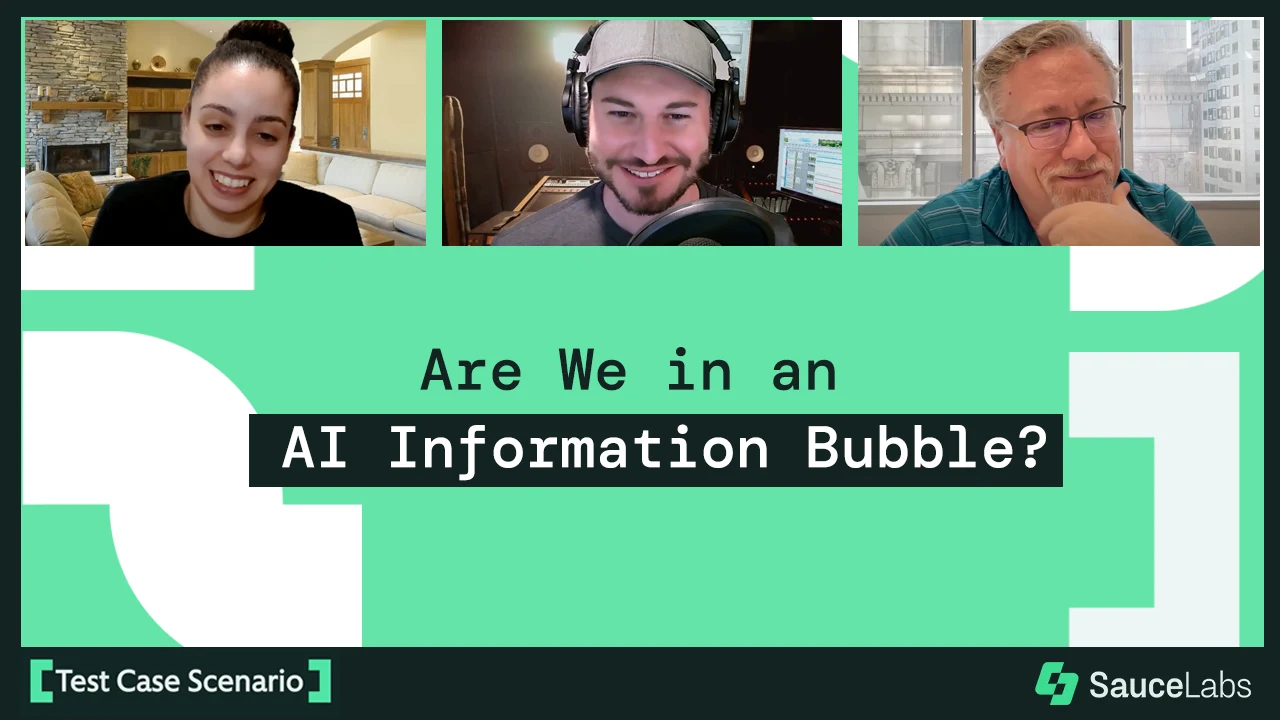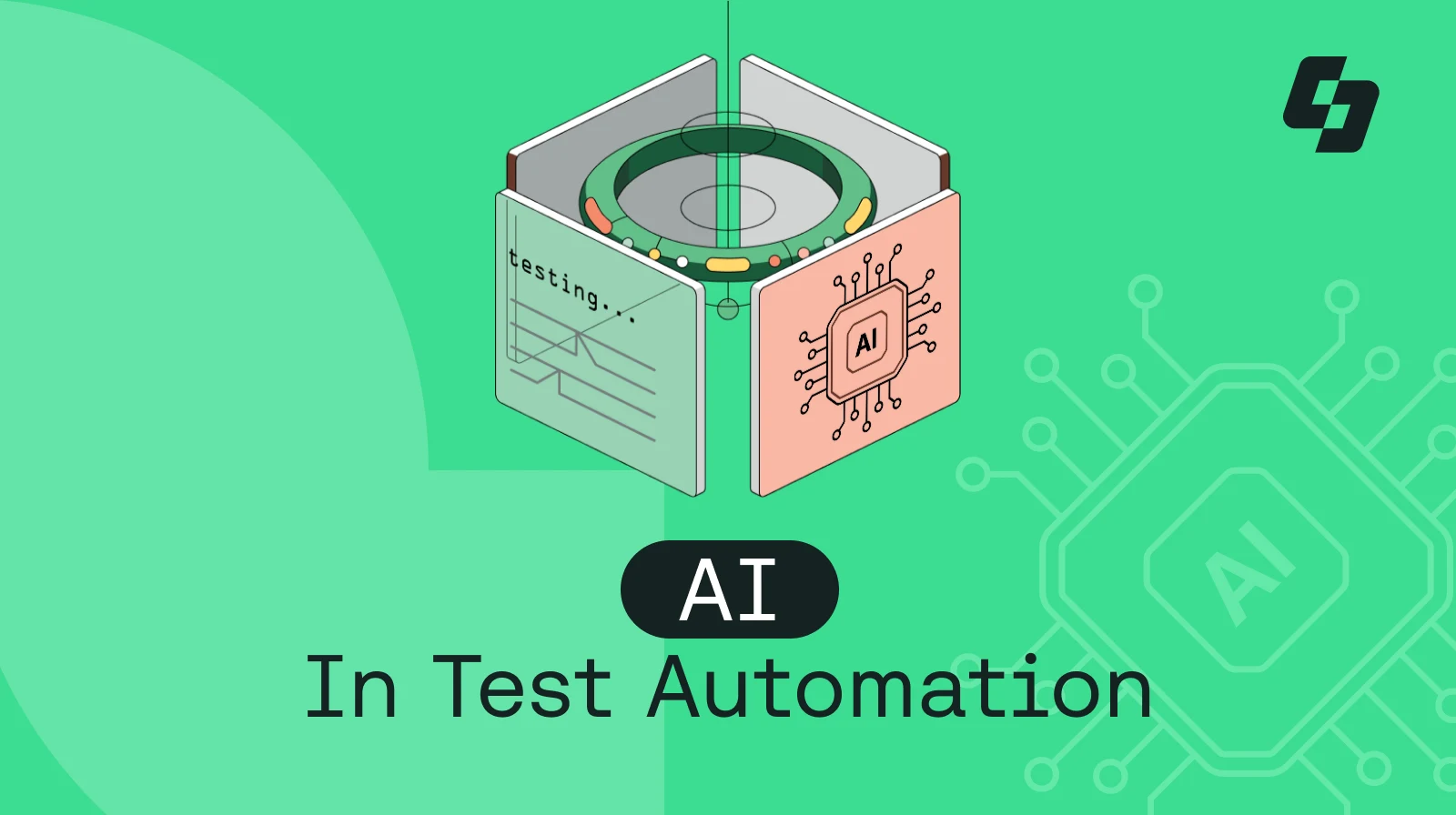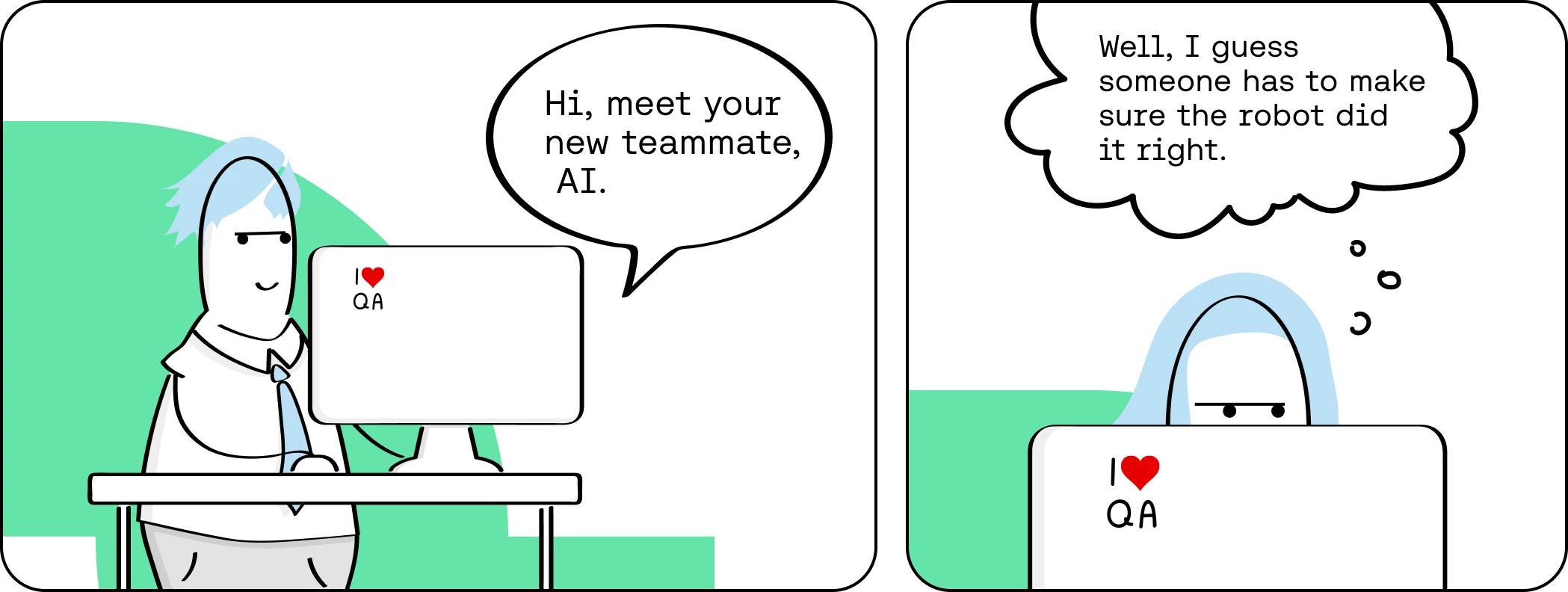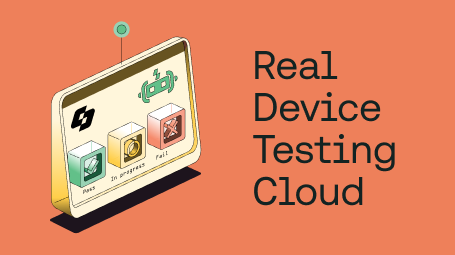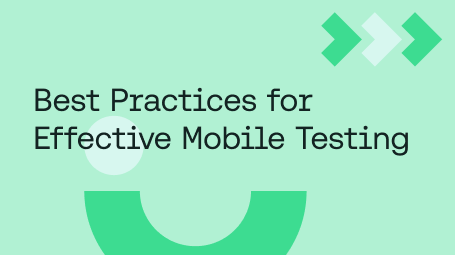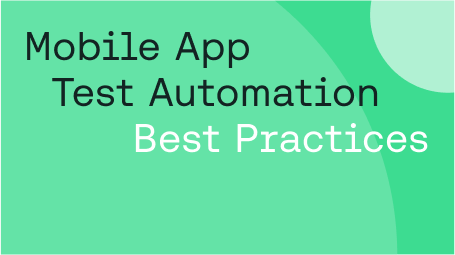If AI can write and maintain software tests, what’s next for human testers?
Software testing is under constant evolution thanks to the unwavering pursuit of quality. In the early days, testing was a manual affair, with testers required to meticulously write and execute test cases line by line. This approach, although thorough, was slow, prone to human error, and unsustainable at scale, especially as software complexity grew.
Then came the introduction of automated test frameworks, which marked a significant turning point. These tools allowed QA specialists and testers to script repetitive tasks, greatly boosting testing speed and consistency. However, automation also had its limitations with some automated tools requiring long configurations and a considerable amount of human intervention to improve the tools’ performance. To date, creating and maintaining test scripts remains time-consuming, and ensuring comprehensive coverage poses an ongoing challenge.
And now, the journey of test automation has reached a pretty fascinating chapter: Artificial Intelligence (AI). Who would have thought a single prompt could write an entire module of code? AI revolutionizes testing automation by intelligently generating and managing test cases, detecting bugs, automating repetitive tasks, generating test data, analyzing test performance and producing thorough reports. In many ways, AI is propelling software testing to new heights of efficiency and effectiveness.
But alongside fascination, there’s a lingering fear: could AI replace testers altogether?
This blog post isn’t about AI taking your job, rather how AI can enhance test automation, using examples of real-world use cases to demonstrate how to leverage AI as a teammate in testing, not a competitor.
What Is Artificial Intelligence?
Artificial Intelligence, or AI, refers to computer systems designed to perform tasks that typically require human intelligence like visual perception, speech recognition, decision making, and translation between languages. Basically, AI encompasses a range of techniques that enable computers to mimic human cognitive abilities.
When it comes to software testing, AI uses machine learning and deep learning algorithms to analyze code, user behavior, and test results. AI can enhance test automation in several key ways:
AI can analyze massive amounts of data to detect patterns and generate optimized test cases. This helps focus testing efforts on critical areas.
AI can automatically generate realistic test data, eliminating the need for manual data creation to expand the scope of testing scenarios within an application.
AI systems can adapt and update tests as products change to ensure continuous testing coverage. They can modify tests based on updates to applications under test.
AI can analyze how real users interact with an application to generate tests that simulate common user journeys and workflows. This helps ensure key user paths are well-tested.
AI can accelerate the development of automated tests through “low-code” platforms that make test creation more intuitive and accessible to non-engineers. This expands the scope of possible testing.
Is AI Coming for Human QA Tester Jobs?
Let’s be real — the proliferation of AI will significantly impact programming and software engineering as we know it. Two things are for certain: Large language models (LLMs) are going to be very good at programming and humans are slow and largely careless with detail-oriented work, Jason Arbon, CEO of Checkie.AI, shared with The Test Automation Experience. What does this mean?
“If AI is, say, 10x faster [than humans], that’s 10x more [code], or 100x more code to test. Humans can’t scale, even if we have the ability to type fast. We can’t scale 100x.” Arbon continues.
Some people worry that AI will eventually become super intelligent and take over our jobs and the world, like in dystopian sci-fi movies. Well, the fear of AI replacing human QA testers is a valid concern. However, the reality is quite different. AI excels at specific, narrow tasks but still struggles with the kind of general, flexible intelligence that humans possess. AI systems today are designed by humans to assist and augment human capabilities, not replace them. Think of AI as a tireless teammate that handles the grunt work, allowing you to unleash your creativity and expertise on higher-level testing challenges.
There are mixed feelings about the approach in the developer community, but the reality is many organizations have far more demand for technical products than their IT departments can realistically fulfill. In these kinds of situations, low-code is a great example of a tireless teammate at play.
The future of testing isn’t about humans versus machines, it's about humans and machines working together. With AI handling the mundane tasks, you’ll have more time to leverage your unique human skills for in-depth testing and strategic problem-solving, such as for building better test plans Furthermore, while AI can handle some tasks remarkably well, human judgment and expertise remain crucial in software testing. Let’s put it this way: sure AI is cool, but guess who needs to test to make sure AI is working as expected, and securely?
AI Test Automation Use Cases
AI is already transforming software testing in innovative ways. Let's explore a few real-world examples of how AI powers automated testing.
1. Low-Code Testing for Faster Development Cycles
AI is fueling the rise of low-code test automation tools that make test creation accessible to non-technical users. With a low-code solution like Sauce Labs' Low Code Testing product, anyone can generate automated tests simply by demonstrating the desired steps on a real mobile device. AI then creates a reusable test script to run across many devices. Low-code tools expand the ability to automate testing to more of the organization.
For example, you can use Sauce Labs' AI-powered "Low-Code Testing Dashboard" to perform visual testing. This way, it helps you to automatically identify UI elements and generate test scripts based on user interactions. As a tester, you then have more time to focus on test logic and business requirements without getting bogged down in complex code.
2. Predictive Analysis and Maintenance Testing
Keeping up with test script updates after application changes can be a nightmare. AI excels at finding patterns in large data sets. Using AI, testing teams can analyze code modifications and intelligently adjust test cases to adapt. Additionally, it can proactively analyze product usage and defect data to predict where the product is most likely to experience issues. AI then recommends proactively testing those areas to catch defects before customers discover them. This predictive approach to testing helps companies stay ahead of maintenance needs and deliver higher-quality experiences.
Moreover, Artificial Intelligence taps into existing customer and analytics data to forecast evolving user needs and browsing behaviors. This foresight, aided by machine learning, enables testers to stay ahead of growing user expectations and deliver superior service quality.
3. Automatic Test Case Generation
One of the most time-consuming tasks when it comes to software testing is writing tests. Just by leveraging the business requirements documents, code, and user stories, AI can automatically generate test cases. This saves testers loads of time and ensures test coverage with less manual involvement. With AI, additional possibilities and edge cases that would have otherwise
been overlooked by human testers are analyzed.
4. Enhanced Test Case Prioritization
With AI, test cases can be prioritized based on parameters like risk, criticality, and past defect rates. AI analyzes historical test results and product usage data to determine which test cases should be run first. This helps testing teams focus their efforts on the highest-priority tests.
What does the future of AI in test automation look like?
The answer to this question simply cannot be reached today. ChatGPT was released two years ago and made AI a topic of conversation in development. But even before that, AI was still making waves across industries where technology and data intermingle. It seems as though we’ve only scratched the surface of what's possible.
How is AI showing up in your organization? Follow us on LinkedIn and direct message us with your thoughts on AI so we can continue to explore this topic and help the technical communities it will impact as the technology continues to evolve.
